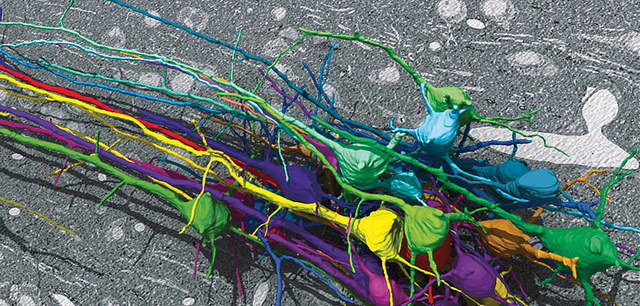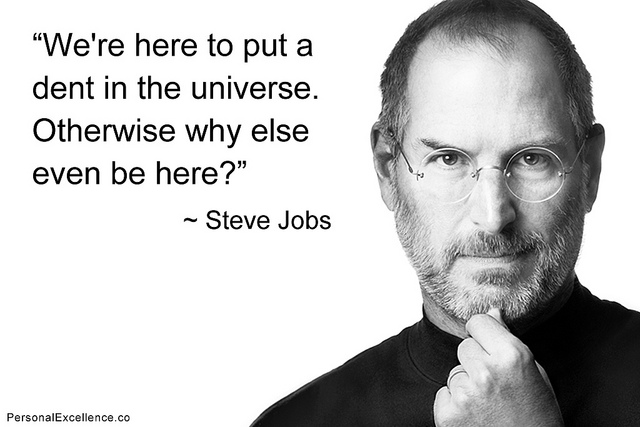blog
Multiple cultures at work
In contexts ranging from multinational corporations to social networking, leaders and their teams interact, communicate and influence others in multiple different cultural settings simultaneously.
What is ‘culture’?
One definition of ‘culture’ that provides a useful starting point is the one espoused by Philippe Rosinski, executive coach and specialist in leadership development in intercultural contexts. Rosinski talks of a group’s culture as ‘the set of unique characteristics that distinguishes its members from another group’ (‘Coaching across Cultures’, Nicholas Brealey Publishing 2003).
Culture goes far beyond national or even regional or local differences. While of course it can relate to geographic boundaries, it encompasses literally anything which characterises a particular group: age, gender, cognitive ability, personal style, industrial sector, profession, family, organisational ethos, faith and observance, pace of working …. The list is endless. It manifests in behaviours, values, attitudes, judgments, decisions and expectations.
Complex, diverse workforces
With increasing globalisation, workforces are becoming more diverse and more complex, as they embrace employees from a broader and broader range of cultures, who interact within increasingly complex systems. The leader’s task is to release his or her workforce’s capability in the interests of fulfilling the organisation’s agenda. Included in the scope of the qualities that characterise high-quality leadership, how sophisticated are our expectations of a leader’s capacity to lead a multi-cultural workforce in this very broad sense I refer to here?
How insightful are leaders seeking their next career step – or indeed headhunters and search firms – in terms of recognising this capacity as a key talent or a key skill for 21st century leadership? It demands self-awareness, the recognition of moments when we – and those around us – are making assumptions about those who are different from us, or missing the value in that difference, or failing to release it as a benefit that will drive an organisation forward.
The systemic impact of culture
It also requires a willingness to explore the systemic impact of culture in its widest sense: if working at speed, for example, is a characteristic of an organisational culture, how does that manifest itself in expectations, assessments that leaders make of their people, the quality of outcomes, or the effectiveness of communication? How are people’s contributions judged? Is there room for flexibility and what might be the benefits of that? Does reflection – sometimes referred to as the richest form of learning – have a place?
Google: a global culture
Take Google for example. Google is one company – and there are many in the technology space– that is populated to a very large degree by extremely bright people under the age of 30. The company recruits young, ambitious self-starters and original thinkers (see Harvard Business Review). So it’s a company with few baby-boomers (those born between about 1946 and 1964), some from Generation X (born between the early 1960s and the early 1980s) and many more from Generation Y (early 1980s to the early 2000s). It’s a global organisation, with a distinct organisational culture.
Globalised responses
Google needs to understand and respect the structured approach of the German as well as the more spontaneous style of the Italian, the individualistic North American as well as the group-orientated Japanese, the ‘always-on’ Generation Z 18-year-old and the loyalty-driven 55-year-old.
It may be populated by staff from a limited age range and intellectual capability, but it needs to speak to and respect an audience of literally all ages, worldwide, from youngsters to silver surfers and beyond (a surprising number of 90-year-olds are Internet savvy).
Leadership qualities for a global culture
It needs leaders who can engage their people in increasing their emotional intelligence (and especially their empathy) and versatility in their communication styles, who are self-aware enough to know when they’re making judgments that aren’t necessarily well-founded, and who can perceive their environments from a systemic viewpoint – i.e. to understand that they operate within a complex and constantly-moving web of relationships, multiple histories and influences.
If they – and others like them – don’t have leaders with this skill, they risk seeing only a small number of perspectives and thus failing to appreciate the essentials of their environment. That can make the difference between sustainable, well-rooted success and short-lived, superficially-based outcomes.
Photo by Andrew Becraft via Compfight
The global village
In contexts ranging from multinational corporations to social networking, leaders and their teams interact, communicate and influence others in multiple different cultural settings simultaneously. Culture encompasses literally anything which characterises a particular group, and the leader’s task is to release his or her workforce’s capability in this complex and dynamic environment.
Read more »We're all part of the systems
Although we’re all independent human beings, we’re also interdependent, functioning within several systems simultaneously that provide the framework for our relationships to people and organisations, decisions and achievements, beliefs and attitudes. Awareness of those systems and their impact can release blockages in teams, strategy and the implementation of change.
Read more »Gold from Dust
Lindsay's article 'Gold from Dust' appears in Coaching at Work magazine May 2014. The client often gives pointers to their most significant issues in their first coaching session - and the coach may notice them but not attribute due importance to them. The first session is rich and complex. It’s an Aladdin’s cave of gems. To see a copy of the article click here if you're a subscriber to Coaching at Work or e-mail lw@lindsaywittenberg.co.uk to request a copy
Read more »Workshop on The Neuroscience of Wellbeing, Stress and Mindfulness
Tickets are sold out for the WittenbergEvans workshop on The Neuroscience of Wellbeing, Stress and Mindfulness in London on Thurs 19th June 2014
Read more »Executive coaching for leadership and self-leadership
Amongst all learning interventions, the developmental and transformational style of the best executive coaching can equip the leader to deliver leadership that creates a better organisation – and, some would say, a better world - sustainably, with integrity and with authenticity.
Read more »The Neuroscience of Wellbeing, Stress and Mindfulness
A workshop on ‘The Neuroscience of Wellbeing, Stress and Mindfulness’ will take place on Thursday, 19 June 2014 from 13:30 to 17:00 at the Gestalt Centre in London. It will interest coaches, trainers, consultants, HR professionals - indeed anyone who's managing, leading, facilitating or developing others, or providing a service. Neuroscience not only informs us how we - and others - tick, but it is also becoming increasingly recognised as a key tool in the development of high-impact leadership, employee engagement and the management of stress.
Read more »Lessons from neuroscience for learning and performance
Leaders who know how to optimise the conditions for their own and their people’s learning are going to maximise their chances of success for themselves and their organisations. Senior people – indeed anyone thinking about their career development – who build in the search for working environments and a career path that will maximise their learning opportunities is likely to also maximise their chances of fulfilment and therefore success. And those working across cultures or in multicultural environments who know how to maximise harmony, minimise conflict, bring a curiosity for learning and an attitude of acceptance are also going to be those most likely to develop aligned, creative, productive teams and minimise wasted effort.
Read more »Tripping on speed: leaders who want quick results
The pressure on senior people to work at speed risks disempowerment and threatens high-quality outcomes. Slowing down and reflecting, thus developing insight, can help enable them to create outcomes that are meaningful and sustained.
Read more »The neuroscience of wellbeing, stress and mindfulness
Our next neuroscience event, with academic researcher and qualified coach Dr Geoff Bird,will take place on Thursday 19th June 2014 13.30-17.00, and will explore the neuroscience of wellbeing, stress and mindfulness. Delegates to our workshops to date have included coaches, consultants, trainers, Learning and Development specialists, HR professionals and financial advisors. Further workshops (on the neuroscience of learning and performance and the neuroscience of leadership) - and a session on practical application, will take place during 2014 and early 2015.
Read more »Career strategy: purpose and meaning, values and strengths
New Microsoft CEO Satya Nadella has pinpointed meaning at work as a fundamental goal because that’s ‘what makes the best work happen’. In my career development coaching with executives and senior managers, questions of meaning and purpose, values and beliefs, drivers and obstacles, emotional awareness and a capacity to situate yourself in your systems, are core to career focus or refocus.
Read more »











